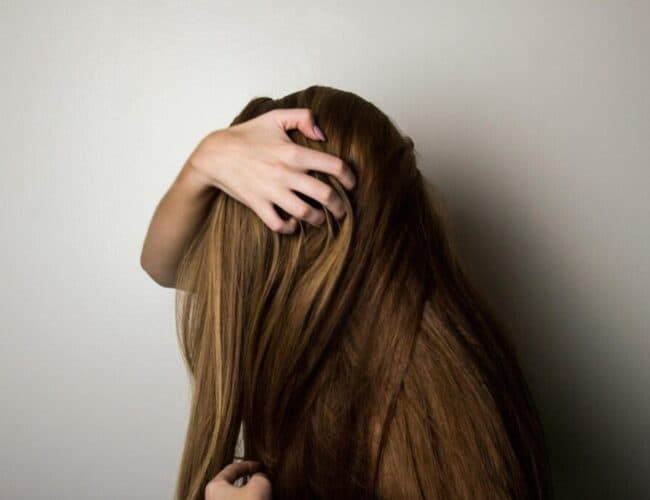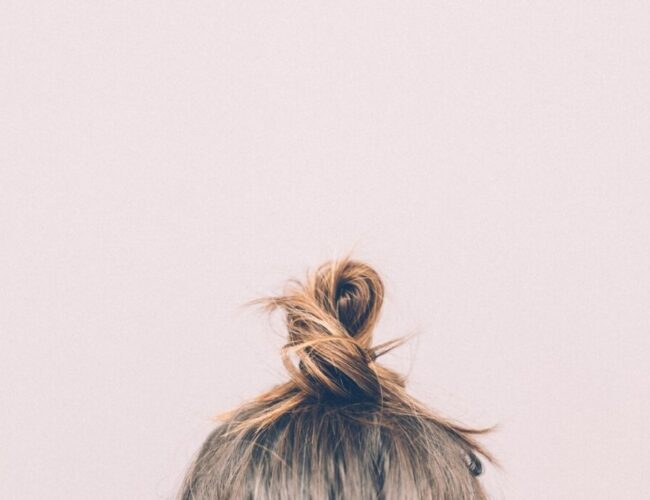Hair plays an important role in how people see themselves and how they believe others perceive them. It is often tied to self-image, cultural identity, and personal confidence. For this reason, experiencing hair loss can be an emotionally charged and distressing experience.
While hair loss itself is a common condition, affecting millions worldwide, the psychological effects often go unspoken. Understanding these impacts and exploring coping strategies can help individuals manage both the emotional and practical aspects of the journey.

Understanding the Emotional Weight of Hair Loss
Hair loss does not happen overnight, and for many, the gradual process can feel like a series of losses rather than a single event. Recognizing the different stages of hair loss is important, as each stage may bring unique challenges. In the early stages, individuals often feel anxiety as they notice increased shedding or thinning. This can evolve into frustration or sadness when the loss becomes more visible, affecting hairstyles or the ability to conceal bald spots. Advanced stages may trigger feelings of grief or a loss of control over one’s appearance.
These emotional reactions are completely normal. Hair loss can lead to decreased self-esteem, social withdrawal, or even depression. Because appearance is tied so closely to identity and self-worth, losing hair may feel like losing part of oneself. Cultural messages that equate thick hair with beauty or vitality further intensify these emotions, making the experience even more difficult to navigate.
The Role of Self-Image and Social Perception
Self-image is deeply affected by hair loss. People often feel less attractive or fear that they appear older than they are. This shift can influence how they engage socially, sometimes leading to avoidance of social gatherings, dating, or professional networking opportunities.
Social perception plays a role. In professional settings, some individuals worry that colleagues or employers may view them differently, associating hair loss with aging or declining energy. These perceptions, whether real or imagined, can amplify stress and create barriers to confidence in both personal and professional environments.
Gender Differences in Psychological Impact
Hair loss affects men and women differently, both biologically and socially. For men, male pattern baldness is often seen as a natural, albeit unwelcome, part of aging. While it can still cause distress, societal norms sometimes make male baldness more accepted. For women, however, hair loss is less socially normalized and can carry stronger stigmas.
Women may face heightened feelings of embarrassment or isolation, as hair is frequently tied to femininity and beauty in cultural narratives. This makes the psychological toll of female hair loss particularly profound. Regardless of gender, the emotional effects should not be minimized, as they impact mental well-being across the board.
Coping Mechanisms and Emotional Resilience
Managing the psychological impact of hair loss requires both emotional and practical coping strategies. For some, therapy or counseling provides a safe space to process feelings of grief, anxiety, or low self-worth. Mental health professionals can help individuals reframe their perspective and develop healthier coping mechanisms.
Support groups, whether in-person or online, provide valuable community and reassurance. Sharing experiences with others going through the same journey fosters connection and reduces feelings of isolation. Knowing that others understand the emotional weight of hair loss can be deeply comforting and empowering.
Building resilience involves shifting focus away from appearance toward well-being. Exercise, mindfulness, and creative hobbies help channel energy into positive outlets, reducing stress and strengthening self-esteem from within.
Practical Solutions for Appearance and Confidence
Practical solutions can help restore confidence. Hairstyling techniques, wigs, or hairpieces offer immediate options for concealing thinning areas. For those who prefer a more permanent approach, medical treatments such as topical solutions, oral medications, or surgical interventions may be viable. Consulting with dermatologists or hair restoration specialists provides guidance on the most effective options based on individual circumstances.
Some individuals choose to embrace their hair loss rather than conceal it, opting for shorter hairstyles or even shaving their heads. This decision can feel liberating, signaling a reclaiming of control over one’s image. The right approach depends on personal comfort and values.
Communication With Loved Ones
Hair loss is not just an individual experience; it affects relationships as well. Open communication with loved ones can ease the burden by providing emotional support. Partners, friends, and family often want to help but may not know how unless the person shares their feelings. Honest conversations reduce misunderstandings and create opportunities for encouragement.
Children, too, may need guidance if a parent is experiencing hair loss. Explaining the condition in simple, reassuring terms prevents confusion and teaches acceptance, fostering supportive family dynamics.
Redefining Self-Worth Beyond Appearance
Perhaps the most powerful way to cope with hair loss is to redefine self-worth. Appearance is only one aspect of identity, and hair does not determine a person’s value, skills, or contributions. By focusing on achievements, relationships, and inner qualities, individuals can shift the narrative away from loss and toward empowerment.
Engaging in personal growth, whether through career development, volunteer work, or creative pursuits, builds confidence rooted in substance rather than surface-level features. This perspective helps individuals accept and even embrace the changes in their appearance.
Everyday Practices to Boost Confidence
While long-term coping strategies are important, small daily practices can make a big difference in managing the psychological impact of hair loss. Incorporating these habits can help restore a sense of control and improve self-esteem:
- Maintain a healthy lifestyle – Regular exercise and a balanced diet support well-being and can improve how you feel about yourself
- Experiment with style – Accessories like hats, scarves, or creative hairstyles offer opportunities for self-expression
- Practice positive self-talk – Replace negative thoughts with affirmations that emphasize strengths beyond appearance
- Limit comparisons – Avoid measuring your appearance against others on social media
- Focus on grooming – Taking care of skin, nails, and presentation reinforces confidence regardless of hair changes
These simple, consistent actions empower individuals to navigate hair loss with greater resilience and a renewed sense of self.

Hair loss is a deeply personal journey that extends far beyond the physical changes. The psychological impact can affect self-image, social engagement, and mental health, but it is possible to navigate this experience with resilience and strength.
While hair may be tied to cultural and personal identity, it does not define one’s value. By addressing both the emotional and practical sides of the experience, individuals can move forward with acceptance and empowerment, proving that confidence and resilience outlast any changes in appearance.